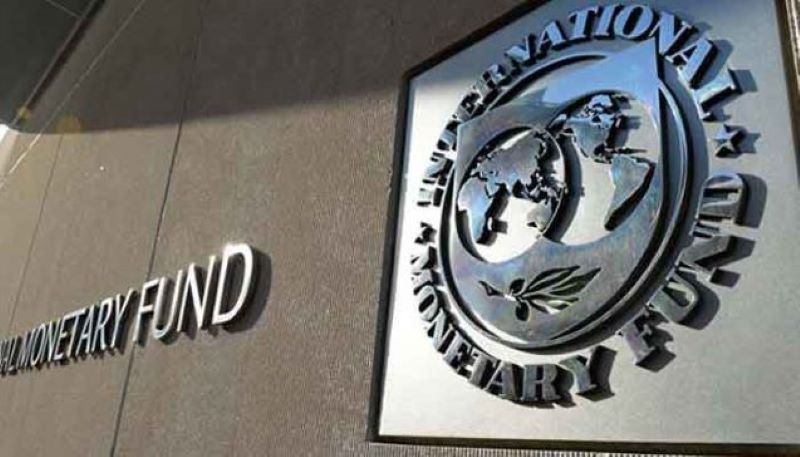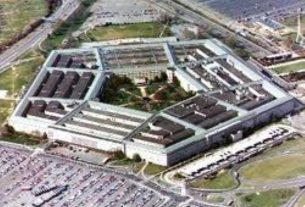Federal Minister for Finance and Revenue, Senator Muhammad Aurangzeb on Tuesday expressed the optimism that International Monetary Fund (IMF) Board would approve the 37-month $7 billion Extended Fund Facility (EFF) arrangement for Pakistan in its meeting scheduled for today (Wednesday).
He was speaking at “High Level Private Sector Dialogue – CPEC-II and the Region” virtually through Zoom. The event was organized by Pakistan Regional Economic Forum.
“Pakistan successfully concluded 9 month Standby Agreement (SBA) with IMF and we have the IMF board meeting tomorrow here in US. We are very hopeful the board would approve the 37-month 7 billion dollars programme,” he said.
The minister said, under the programme Pakistan was committed to do structural reforms. He said Pakistan needed to stay on reforms agenda whether on taxation, energy sector, state-owned enterprises or privatization side. “We will stay on the course,” he resolved.
He expressed gratitude to China for its support on the fund programme as the lone standing partner of the country.
The minister highlighted that Pakistan’s economic trajectory has continued from the last fiscal year into the first quarter of this fiscal year, with notable improvements in various economic indicators. He said the currency was stable while foreign exchange reserves were also stable with two months import cover. He said the inflation has decelerated and more importantly, policy rate has come down and Kibor rates also declined to the benefit of industry.
He said recently the government had rejected Treasury Bills (T-bills) and Pakistan Investment Bonds (PIBs), saying the decision aimed at conveying a clear message that the government was no longer desperate to borrow domestically.
He said if required, the government would borrow domestically on its own terms, signaling the banking sector to lend to the private sector. However, he said investment inflows in terms of debt and equity were welcome that would bring foreign direct investment (FDI) into the country. He said, macroeconomic stability was necessary and a foundation has been laid to promote economic stability.
The minister said the China Pakistan Economic Corridor Phase-II was now underway, building on the infrastructure development of Phase-I.
He said Phase-I focused on establishing corridors, investing in roads, ports, and energy, however the next step was monetizing this infrastructure. He said although momentum was missed, however it was not too late to move forward.
Under Prime Minister’s leadership and Ahsan Iqbal’s guidance, we’re refocusing the efforts, he said. “This initiative, dubbed as the ‘new silk roads,’ aims to attract investment partners worldwide. The private sector will drive growth, with the government providing a supportive policy framework.”
The minister urged Saudi Pak and Pak-China Development Financial Institutions (DFIs) to facilitate cross-border investments and corridor development between Pakistan and its brotherly countries.
He urged them to capitalize on this opportunity, becoming catalysts for business growth and bilateral investment and become levers through which the business can be taken forward.__Daily Times





